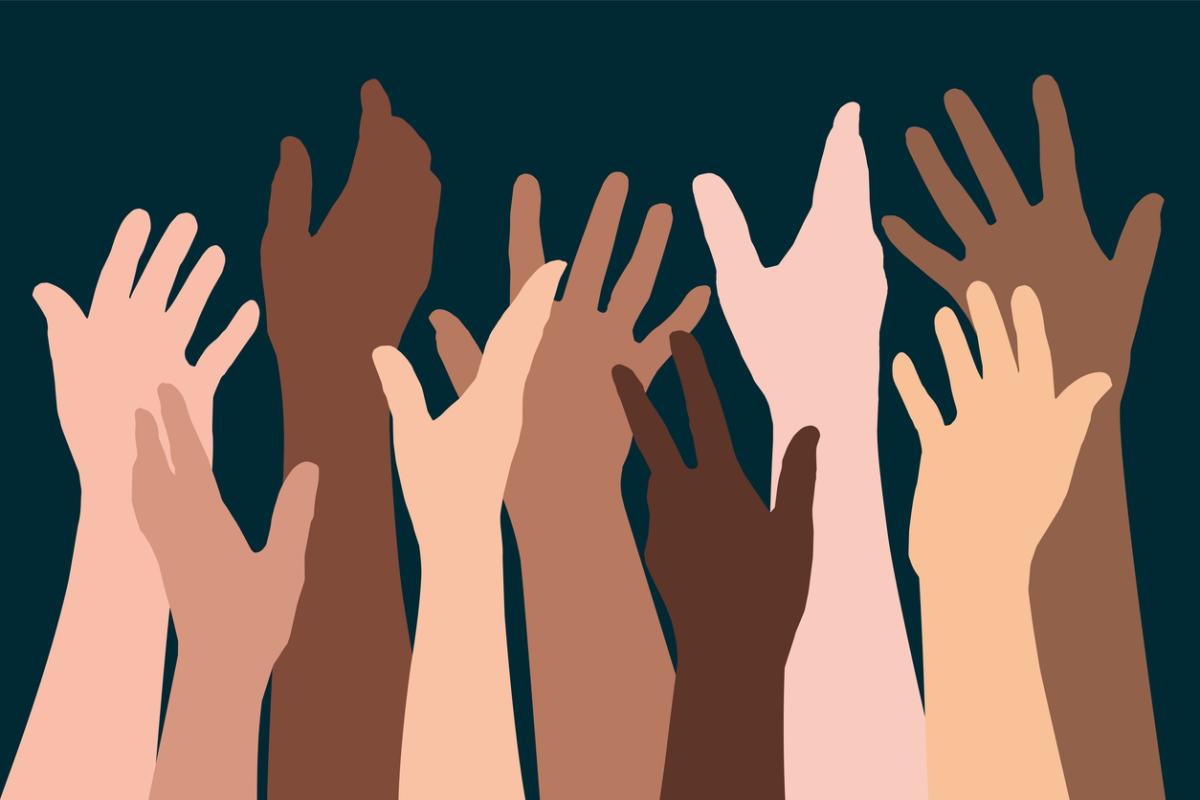Ecocentricity Blog: Observing Juneteenth - Resources That Can Help Us Stay Engaged in Ending Racism
By: John A. Lanier

Ecocentricity Blog: Observing Juneteenth - Resources That Can Help Us Stay Enga…
About two years ago, I used this blog to write about the racial protests that were sweeping over our country in the wake of George Floyd’s murder. The sentiment of my post was that it was a time for me to listen and to learn about how racism continues to be a plague in our society. It persisted then, and it persists now, though my hope is that we as a society have made at least some progress these last couple of years.
Back then, one of my most profound learnings was how uneducated I was on the issue of race in America. Sure, I learned about slavery and the Civil War as a child, and I’ve long understood the importance of Martin Luther King’s contributions to the Civil Rights Movement, but in truth my knowledge was cursory. Professing expertise on race relations in America would have been like saying I could win at Jeopardy! because I know I have to give my answers in the form of a question. There was, and still is, a massive gap between what I know and what I should know.
Consider Taking a Class on Race, Inequality, or Social Justice
In light of observing Juneteenth this week, I’ve decided to once again break from my usual focus on environmental issues and write about the importance of educating ourselves on racism in our country. As an affluent white man, I feel it is my responsibility to listen, to learn, to admit my privileges, and to work to end racism in all of its forms. I’ve come to see that immersing myself in our country’s history is one of the fundamentals of accepting that responsibility.
To that end, I want to share a couple of resources that I’ve found to be powerful educational tools. The first is the free, online classes curated by Coursera on issues of race, inequality, and social justice. I encourage anyone reading this to browse this listing and find a class that interests you or is relevant to your work. The learnings are all at your pace, so maybe you can commit an hour a week, or maybe you have a time during the year when your calendar frees up and you can knock a course out in a few days. As of this writing, I’m about 75% of the way through Anti-Racism I, provided by the University of Colorado Boulder. My plan is to take at least one of these classes every year.
I’ve found the class to be beneficial primarily because it offers me a guided learning experience. Because the instructors have curated the course materials, I’ve been exposed to content that I would not otherwise have found on my own. I can say with confidence that I now have a deeper understanding of the ways in which racism has evolved in our country since the end of the Civil War.
A Compelling Podcast That Immerses Us in Georgia’s Racial History
The second tool has been a podcast series called Buried Truths. I learned about it from some of the staff at WABE, which produces the show, and I’ve been hooked since listening to the very first episode of Season 1. In this podcast, journalist Hank Klibanoff uses longform storytelling to describe important civil rights cases of violence against African Americans. The podcast is an outgrowth of a class that he teaches at Emory University called the Georgia Civil Rights Cold Cases Project, and one of my favorite aspects of the show is how he weaves the work of students into the storytelling. Through their perspectives, I’m reminded of how an authentic study of history not only enriches our knowledge and understanding, but also informs our morals and ethics.
The other reason I’ve found so much value in the podcast is because of its narrow focus on the south, Georgia in particular. As a lifelong southerner and Georgian, it’s our unfortunate racial history that matters most to me. This is my culture, and I need to immerse myself in where we come from in order to be a meaningful part of shaping where we need to go.
Let’s make sure that we keep racial equity at the forefront of our societal concerns. If we want to end racism in America, it cannot be an issue that we think about only when an incident of violence against a black person makes national news. Rather, we must do the constant and steady work of bending the long arc of the moral universe toward justice.
Ecocentricity is available weekly via email subscription. Click here to subscribe.
Ecocentricity Blog: Embracing Clean Technologies, Even if We Don't Have All of the Answers Yet

